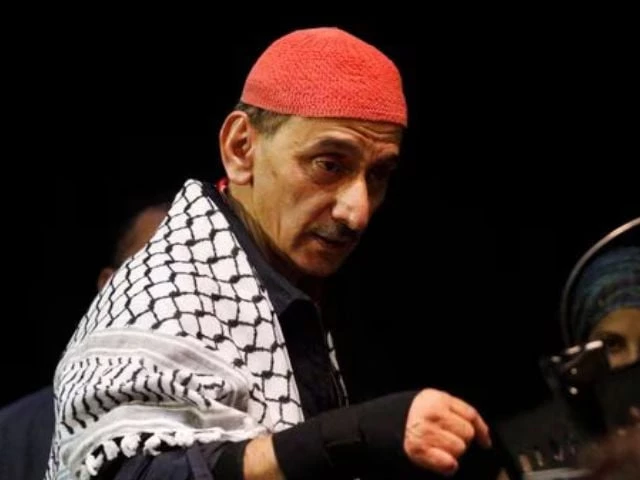Ziad Rahbani, Lebanese music icon, dies at 69
Ziad Rahbani, renowned Lebanese composer, pianist, and playwright, passed away at 69.

Ziad Rahbani, Lebanon's influential composer, pianist, and playwright, passed away at the age of 69. The cause of his death remains unclear.
Rahbani, a cultural trailblazer, was mourned by Lebanese President Joseph Aoun, who called his death a national loss. In a statement, Aoun praised Rahbani as "a living conscience" and "a rebellious voice against injustice," highlighting his contribution to Lebanese cultural expression. He also noted Rahbani’s role in blending classical, jazz, and Oriental music, which opened new avenues for Lebanese artistic identity.
Born in 1956 in Antelias, near Beirut, Rahbani was the eldest son of legendary singer Fairouz and composer Assi Rahbani. His musical genius became evident early on, composing his first work at 17. Rahbani's compositions were widely recognized across the Arab world, with his mother performing several of his works at her celebrated concerts. His unique sound fused traditional Arabic music with jazz, funk, and classical influences.
Some of his most notable works include Ouverture 83, Bala Wala Chi (Without Anything), and Kifak Inta (How Are You). Over the years, his influence extended beyond music, with his satirical plays and politically charged art becoming an integral part of Arab counterculture. Plays like Bennesbeh La Bukra Chou? (As for Tomorrow, What?) and Film Ameriki Taweel (A Long American Film) addressed themes of identity, injustice, and war.
Though Rahbani stepped back from public life in recent years, his legacy lived on through younger generations who rediscovered his work. Rahbani is survived by his 90-year-old mother, Fairouz, his sister Reema, and his brother Hali. His death leaves a void in Lebanon's cultural landscape, as tributes pour in from across the Arab world.






-(1)1718534695-0/house-of-dragon-(1)-(1)1718534695-0-208x130.webp)












COMMENTS
Comments are moderated and generally will be posted if they are on-topic and not abusive.
For more information, please see our Comments FAQ